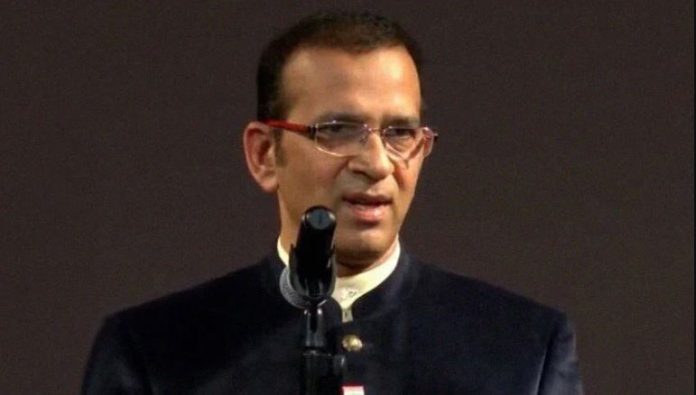DM Monitoring
ISLAMABAD: Former Indian high commissioner to Pakistan Ajay Bisaria admitted that India only has narratives but no concrete proof of the success of the 2019 Balakot strikes.
He made this revelation during an interview with The Wire to mark the launch of his recently published book “Anger Management: The Troubled Diplomatic Relationship between India and Pakistan”.
“You will perhaps never know for sure how successful the strike was,” the former envoy said during the interview.
This is the first time an Indian senior diplomat who was serving as Indian high commissioner in Islama-bad at the time of the Balakot strike has admitted to the media that to date India has no proof of the targets the Indian Air Force had boasted it had struck in Balakot.
India had conducted an airstrike in Balakot on February 26, 2019, while Pakistan responded by conduct-ing airstrikes in Indian-held territory and an ensuing dogfight, Pakistan Air Force (PAF) jets shot down two Indian jets and captured Indian pilot Abhinandan Varthaman.
Earlier when the book was published, a senior source at the Pakistan Foreign Office told The News that the former Indian high commissioner “has certainly given an exaggerated account of the events. The timing of the release of the book is also suspicious. Clearly, he wants to project Modi as a strong leader who has the ability to take bold decisions.”
During The Wire interview, conducted by journalist Karan Thapar, Bisaria had, according to Thapar, dis-cussed that the terrorists behind the Pulwama attack of February 2019 “lucked out in getting an unpro-tected target in a convoy of vehicles” and thus “met with unexpected success”.
Bisaria was asked if he was echoing what Satya Pal Malik, governor of Indian Illegally Occupied Jammu and Kashmir (IIOJK) at the time, had said to The Wire in an interview last year when he claimed the terror attack was a result of “incompetence” and “carelessness” by the Indian system.
Bisaria was also asked what proof India had to corroborate the statement made by the Indian foreign secretary of the time, who is quoted by Bisaria in his book saying that at Balakot “a very large number of JeM terrorists, trainers, senior commanders and groups of jihadist who were being trained for fi-dayeen action were eliminated.” It was at this point in the interview that Bisaria accepted that what India has is narratives but not proof of Balakot’s success. The Wire interview with Bisaria focused on Pakistan’s response to Balakot, the shooting down of Abhi-nandan’s MiG-21 and why Pakistan chose to hand him back within a couple of days.
The interview also discussed Bisaria’s view that Pakistan “panicked” as well as what he says in his book about there being panic also on the Indian side, including a phone call made by then-Indian foreign minister, Sushma Swaraj, to then-US Secretary of State Mike Pompeo, in the middle of the night be-cause she was worried that Pakistan was preparing to use nuclear weapons against India.
Thapar points out to Bisaria that Satya Pal Malik also said that there was a grave intelligence failure and that he had shared that with Indian Prime Minister Modi but was told to keep quiet and not talk about it and that he got the immediate impression that the PM intended to blame Pakistan and derive elec-toral benefit for the Bharatiya Janata Party (BJP).
At one point, Thapar also asked Bisaria why a “nuclear-armed country” would panic at the prospect of nine missiles ready to be fired. Bisaria then suggested that there was a certain amount of panic on the Indian side.
The interviewer also pointed out that it will be difficult to uncover the full truth either about Pulwama or Balakot whilst there is a BJP government under Modi because anything that suggests incompetence by India or questions the alleged success of Balakot will never officially be revealed.




